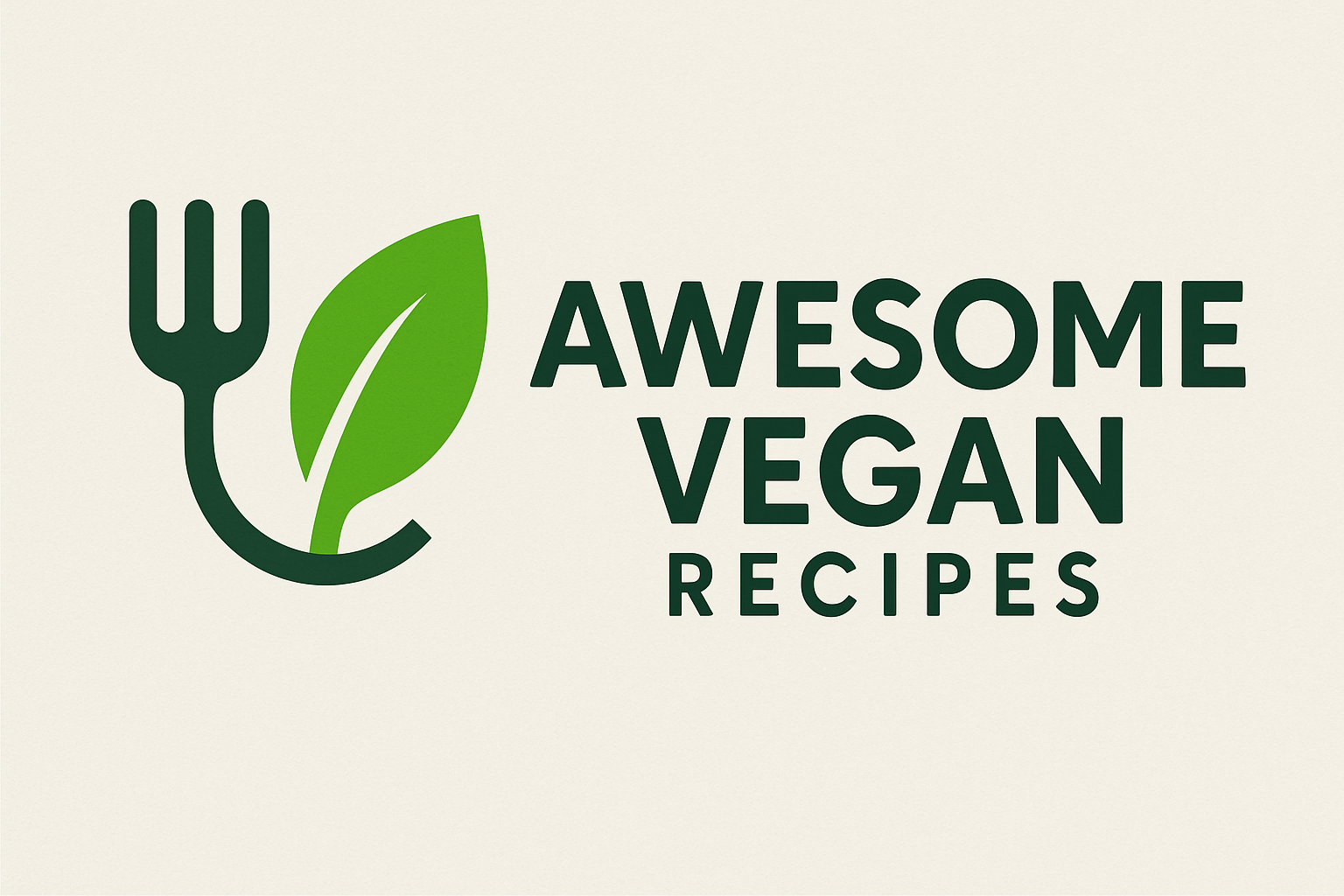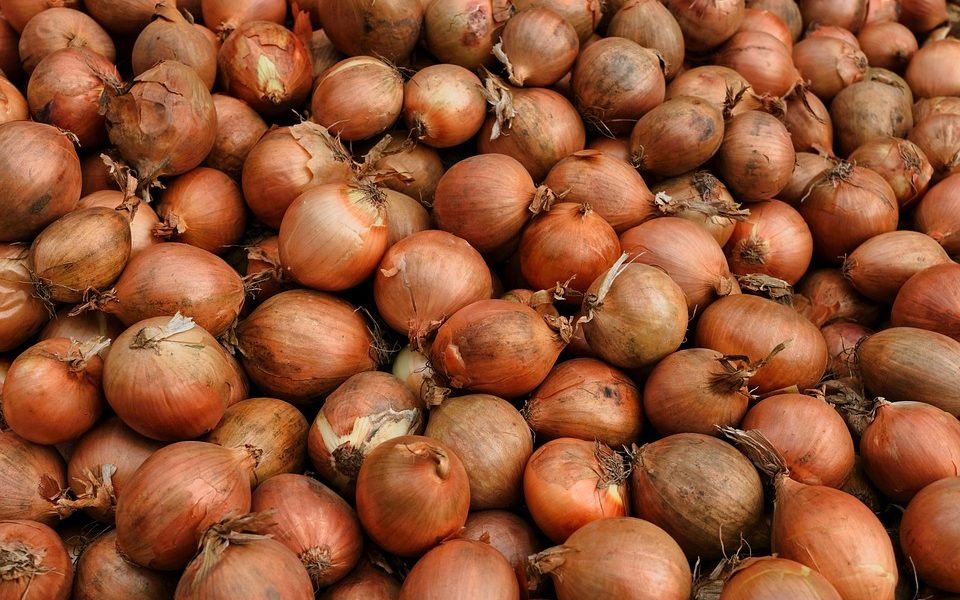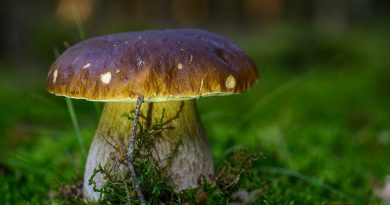Stay Hydrated: A Vegan Beginner’s Guide to Hydration
Stay Hydrated: A Vegan Beginner’s Guide to Hydration
Introduction
Hydration is essential for overall health and well-being, especially for those following a vegan diet. With a plant-based diet that is rich in fruits and vegetables, staying hydrated is key to maintaining optimal health and performance. In this beginner’s guide to hydration, we will explore the importance of staying hydrated, how much water you need, and tips for staying properly hydrated on a vegan diet.
Why Hydration is Important for Vegans
Hydration plays a crucial role in maintaining overall health and well-being, regardless of your dietary preferences. However, for those following a vegan diet, staying hydrated is even more important due to the higher fiber content of plant-based foods. Fiber absorbs water in the digestive tract, which can lead to increased fluid requirements for vegans compared to non-vegans. Proper hydration is essential for digestion, nutrient absorption, kidney function, and overall cellular function.
How Much Water Do You Need?
The amount of water you need can vary depending on factors such as age, weight, activity level, and climate. As a general guideline, the Institute of Medicine recommends that women consume about 2.7 liters (91 ounces) of water per day and men consume about 3.7 liters (125 ounces) of water per day. Keep in mind that these recommendations include water obtained from foods and other beverages, not just from plain water.
Tips for Staying Hydrated on a Vegan Diet
Staying hydrated on a vegan diet can be easy with a few simple tips and tricks. Here are some strategies to help you stay properly hydrated:
1. Drink plenty of water: Make sure to drink water throughout the day to stay hydrated. Carry a reusable water bottle with you wherever you go to help you remember to drink water regularly.
2. Eat water-rich foods: Many fruits and vegetables have a high water content, making them a great way to stay hydrated. Include foods like watermelon, cucumbers, strawberries, and lettuce in your meals and snacks to increase your water intake.
3. Avoid excessive caffeine and alcohol: Both caffeine and alcohol are diuretics, meaning they can increase fluid loss in the body. Limit your intake of these beverages and make sure to drink extra water to offset their dehydrating effects.
4. Use electrolyte-rich drinks: Electrolytes are minerals that help regulate fluid balance in the body. Choose electrolyte-rich drinks like coconut water or sports drinks to replenish electrolytes lost through sweat during physical activity.
5. Monitor your urine color: One way to gauge your hydration status is by monitoring the color of your urine. Aim for pale yellow urine, which indicates proper hydration. Darker urine can be a sign of dehydration.
6. Drink water before meals: Drinking a glass of water before meals can help you stay hydrated and also aid in digestion. It can also help prevent overeating by helping you feel full.
7. Set reminders: If you struggle to remember to drink water throughout the day, set reminders on your phone or use a water tracking app to help you stay on top of your hydration goals.
Conclusion
Staying properly hydrated is essential for overall health and well-being, especially for those following a vegan diet. With the higher fiber content of plant-based foods, vegans may have increased fluid requirements compared to non-vegans. By following the tips outlined in this beginner’s guide to hydration, you can ensure that you are meeting your hydration needs and staying healthy on a vegan diet. Remember to drink plenty of water, eat water-rich foods, and monitor your urine color to stay properly hydrated.






